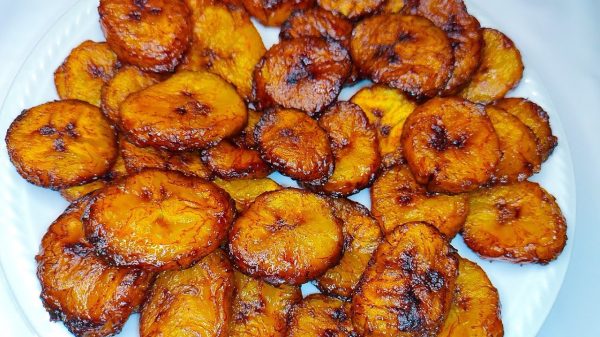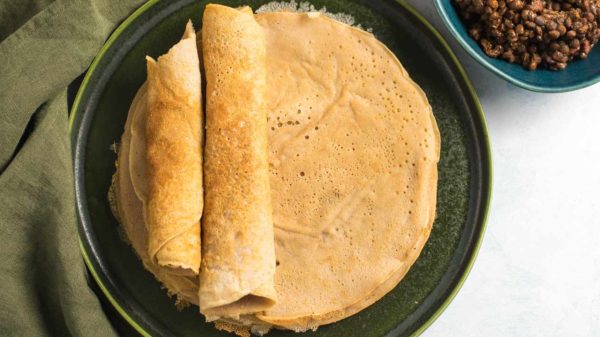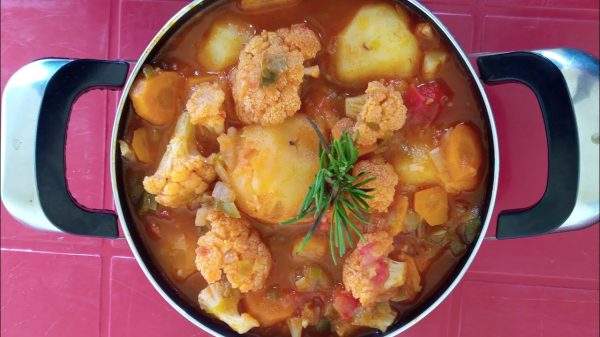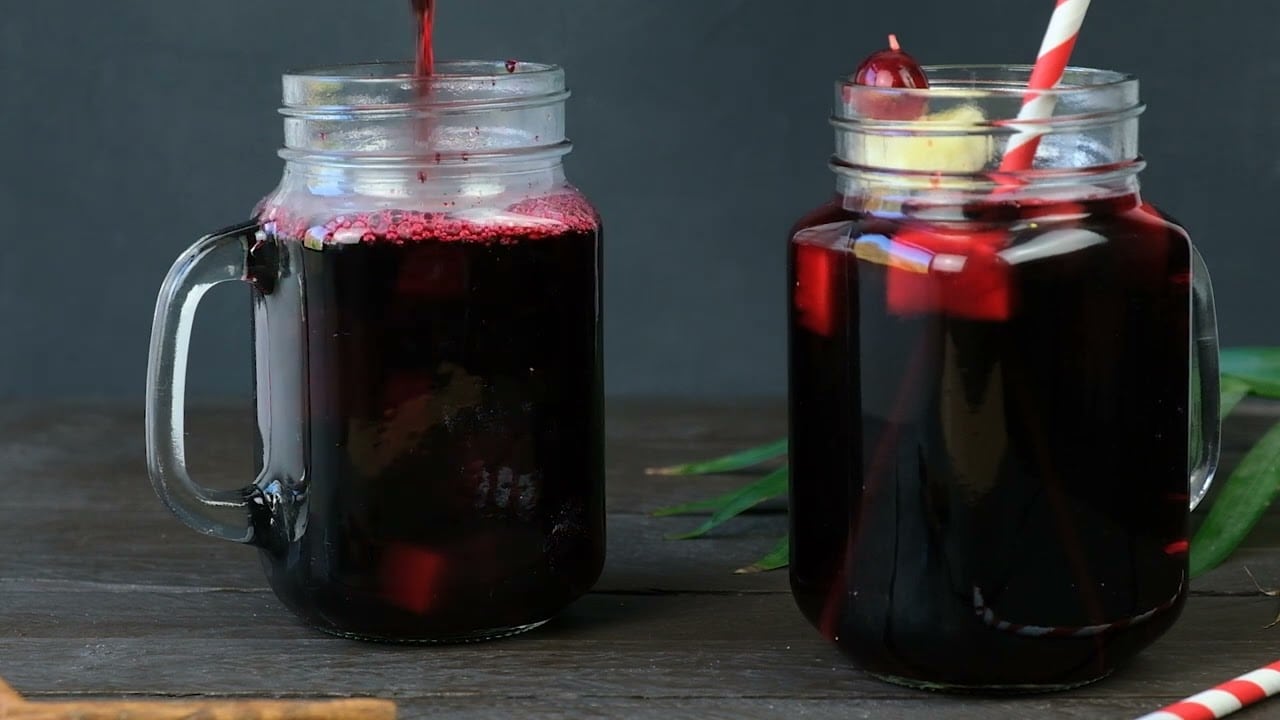Zobo, also known as hibiscus tea, is a vibrant, ruby-red beverage made from the dried calyces of the Hibiscus sabdariffa plant.
It is more than just a refreshing beverage enjoyed across Nigeria and beyond. Packed with essential nutrients and potent antioxidants, this ruby-red infusion offers a remarkable array of health benefits. From supporting cardiovascular health and aiding in weight management to boosting the immune system and promoting digestive well-being, incorporating zobo into your diet can contribute significantly to overall wellness. Discover nine compelling reasons to savor this natural and healthful drink.
1. Lowers Blood Pressure
Hibiscus tea (Zobo) has been extensively studied for its blood pressure-lowering effects. A randomized clinical trial by the USDA found that participants who consumed three cups of hibiscus tea daily for six weeks experienced a significant reduction in systolic blood pressure—averaging a 7.2 mm Hg decrease—compared to a 1.3 mm Hg drop in the placebo group. Notably, individuals with higher initial blood pressure readings saw even greater benefits. The tea’s natural compounds are believed to inhibit angiotensin-converting enzyme (ACE), aiding in blood vessel relaxation and improved circulation. This makes hibiscus tea a valuable natural option for managing hypertension.
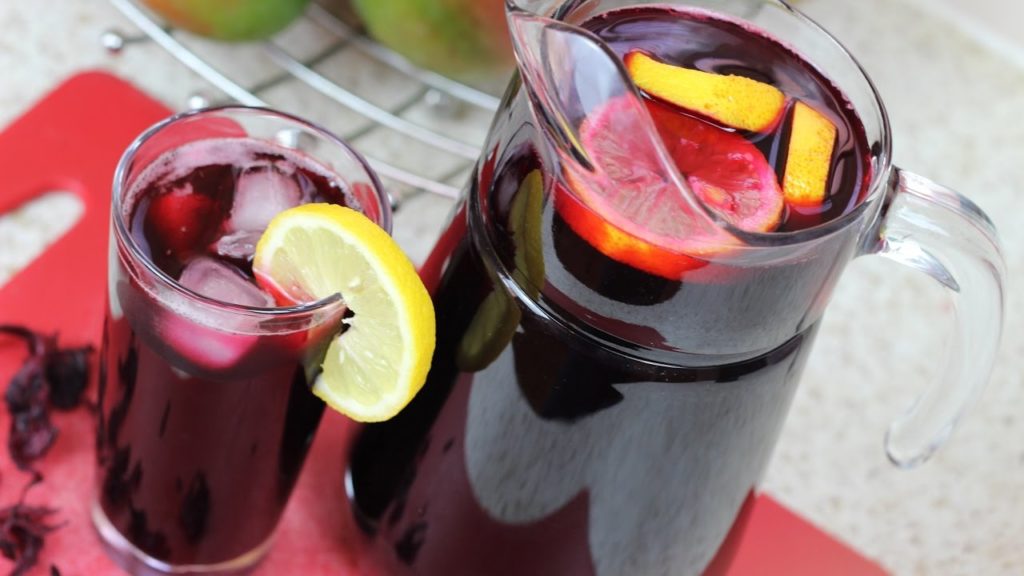
2. Supports Heart Health
Rich in antioxidants like anthocyanins and vitamin C, hibiscus tea contributes to cardiovascular wellness by combating oxidative stress and reducing inflammation. These antioxidants help lower LDL (bad) cholesterol levels while promoting HDL (good) cholesterol, thereby improving overall lipid profiles. A study published in the Nigerian Journal of Clinical Practice demonstrated that hibiscus tea effectively reduced blood pressure and improved electrolyte balance in hypertensive patients, without causing adverse effects. By enhancing vascular function and lipid metabolism, regular consumption of hibiscus tea can play a significant role in reducing the risk of heart disease.
3. Aids in Weight Loss
Hibiscus tea may support weight management efforts through its potential to inhibit the enzyme amylase, which is responsible for breaking down carbohydrates into sugars. By slowing this process, the tea can reduce sugar absorption, leading to lower calorie intake. Additionally, its diuretic properties help eliminate excess water and toxins from the body, contributing to temporary weight loss. While more research is needed to fully understand its impact on long-term weight management, incorporating hibiscus tea into a balanced diet and exercise regimen may offer supplementary benefits for those aiming to lose weight.
4. Improves Liver Health
The liver plays a crucial role in detoxifying the body, and hibiscus tea has been found to support liver function. Research indicates that hibiscus extract can improve liver steatosis (fatty liver) and protect against liver damage by reducing oxidative stress and inflammation.
5. Enhances Digestive Health
Hibiscus tea has been traditionally used to aid digestion. Its natural acids, such as citric and malic acid, stimulate gastric acid secretion, which can help break down food more efficiently. This can alleviate symptoms of indigestion, bloating, and constipation.
6. Boosts the Immune System
Rich in vitamin C and iron, hibiscus tea strengthens the immune system. Vitamin C enhances the production of white blood cells, which are essential for fighting infections, while iron supports the body’s red blood cell production, improving oxygen transport and energy levels.
7. Manages Blood Sugar Levels
For individuals with diabetes or those monitoring their blood sugar, hibiscus tea may offer benefits. Studies have shown that hibiscus tea can improve insulin sensitivity and lower blood glucose levels, making it a supportive beverage for blood sugar management.
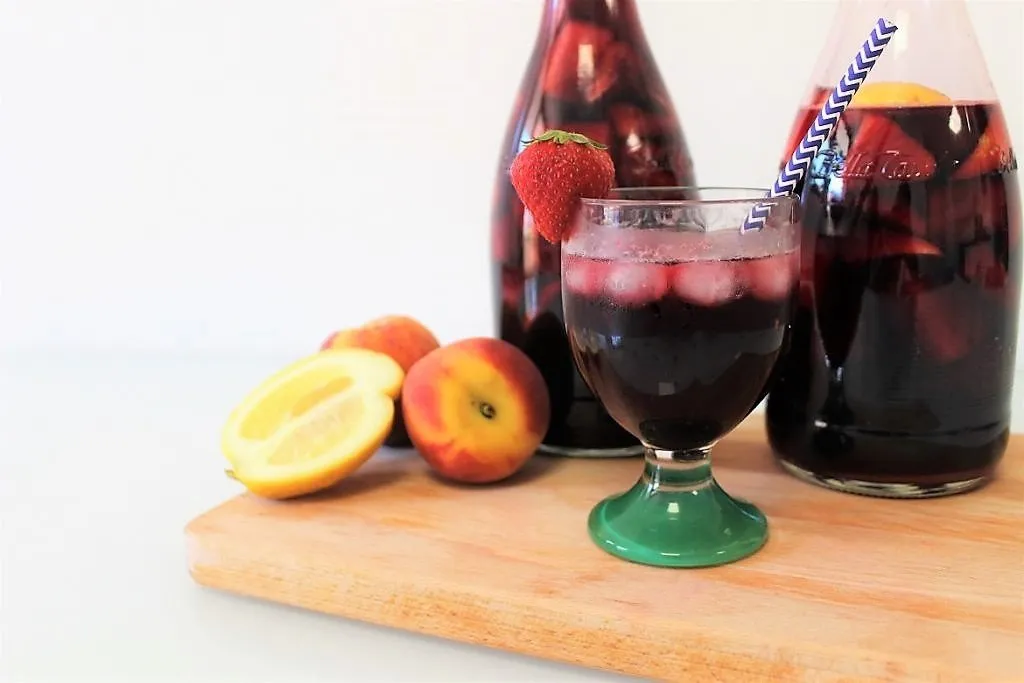
8. Relieves Menstrual Pain
Hibiscus tea possesses anti-inflammatory and analgesic properties that can help alleviate menstrual cramps and discomfort. Its muscle-relaxing effects may ease uterine contractions, providing relief during menstruation.
9. Promotes Skin and Hair Health
The antioxidants in hibiscus tea combat oxidative stress, which can lead to premature aging. Regular consumption may improve skin elasticity and reduce wrinkles. Additionally, the tea’s vitamin C content supports collagen production, which is essential for healthy skin and hair. Hibiscus also contains amino acids that nourish hair follicles, promoting hair growth and preventing premature graying.
Incorporating zobo into your diet offers a plethora of health benefits, ranging from cardiovascular support to enhanced skin health. Its rich nutritional profile makes it more than just a refreshing drink—it’s a natural remedy with centuries of traditional use. Beyond its vibrant flavor, zobo is rich in antioxidants like anthocyanins and vitamin C, which help combat oxidative stress and support immune function.
Additionally, its anti-inflammatory properties can aid in reducing blood pressure and cholesterol levels, contributing to overall heart health. However, moderation is key. It’s advisable to limit consumption to two cups per day and consult with a healthcare provider, especially if you’re pregnant, breastfeeding, or on medication. Enjoy the vibrant taste and health benefits of zobo as part of a balanced lifestyle.
FAQs
Is Zobo the same as Sobolo?
Yes, Zobo and Sobolo are the same drink. The recipes (in terms of additional ingredients) might differ slightly, but the taste will be quite similar since the base ingredient is Hibiscus sabdariffa, also known as the Roselle plant. ‘Zobo’ is commonly used in Nigeria, while ‘Sobolo’ is used in Ghana.
What is Zobo called in English?
In English, Zobo is often called Hibiscus tea or Hibiscus drink, made from the dried petals of the hibiscus flower.
Is Zobo the same as Roselle Juice?
Yes, Zobo and Roselle Juice are the same. Both are made from hibiscus sabdariffa, also known as Roselle plant.
Subscribe to our Newsletter
Stay updated with the latest trends in African Pop Culture!







